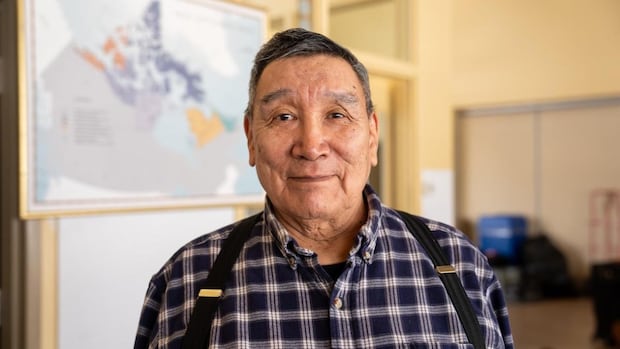
Nunvik’s 14 mayor calls for public health emergency in tuberculosis cases
The Mayor of 14 Inuit communities in North Cubek is demanding the provincial government to declare a public health emergency as tuberculosis cases in Nunvik reach the highest reported level in recent history.
In a letter on Monday to Quebec Health Minister Christian Dubey, the mayors wrote that the two issues reduced the demand: an “unprecedented increase” in tuberculosis cases, and what they say are planned to cut back on infectious disease resources for nunvik by the province. CBC News was not able to verify the cut cut immediately.
Last year, the health board of the area reported 95 cases of tuberculosis. In 2025 till date, the mayors wrote, 40 cases have been reported.
“These statistics are a direct reflection of colonial systemic racism that determines health policy and resource allocation in Quebec,” the mayors wrote. “Inuit in Nunvik is not considered as uniform citizens under the health system of Quebec.”
Now, Inuit Health workers are joining public health teams to reconstruct the trust and take care close to the house. The CBC’s Chantal Dook is more.
Tuberculosis is a treatable disease that often affects the lungs. In March, Nunvik Regional Board of Health and Social Services said in a news release that six out of 14 communities were experiencing active outbreaks. In addition to being the highest case count, it was also the highest number of outbreaks that they recorded.
The situation is “out of control,”, said Edmi Kalingo, the mayor of Evjikik, a Nunvik village with around 400 inhabitants.
“Now we have a lot of tuberculosis cases, which we think that the health system can work with us more rapidly, it can be avoided.”
The Mayor listed nine calls for action for the Government of Quebec, including sending emergency medical resources to the region. They are also asking for immediate investment in water, housing and utility infrastructure, as tuberculosis can spread more easily among congested houses.
“It is difficult to gauge who it has or who does not. It is a very difficult situation, and it is all more dangerous for children, for elders who receive lots of (trips) from friends and relatives,” Kalingo said.
“So there is talk of spreading it freely between friends and relatives. It is very difficult to try to stop it.”
The mayors collectively described the state of Nunvik’s health services as “disgusting”, alleging that there are not enough eligible employees, high levels of burnouts and turnover, and basic health resources for tuberculosis, such as kits and laboratory services, are not easily available – if they are all available.
“Medical resources are currently inadequate to maintain regular mass screening required to slow the spread,” the mayors wrote. He pointed to a quick response to the health care system to deal with recent outbreaks in Montreal, as an example of the need for nunvik.
He wrote, “Inuit has died of TB in recent years from Nunvik, and according to physicians working in the field, we will see more serious cases and more deaths until the crisis is addressed with resources,” he wrote.
CBC News has reached the Nunvik Health Board for comments along with Dubé and Quebec Health Department.
